Many people are quick to judge that "unhealthy food" refers to sweets, fatty foods, refined grains, processed meats, and high-sodium foods. Then, they point out that some foods are "healthy". But what if the so-called "healthy foods" aren't so healthy after all?
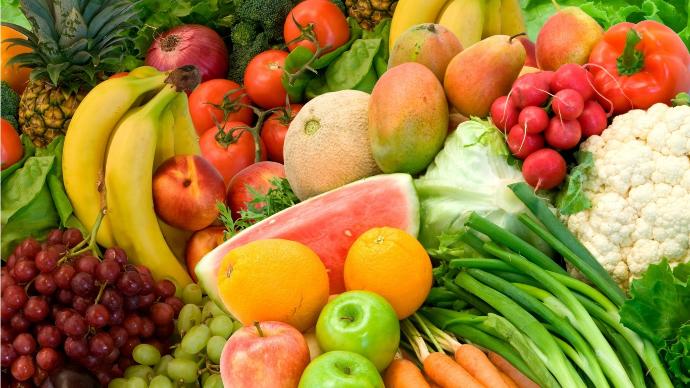
Unwashed fresh produce
Fresh produce bought straight from the grocery store or harvested straight from your backyard garden to your own plate may hold dirt, pesticide residues, and pathogenic microbes. A simple rinse with water should remove these things. However, wax on apples to make the apples shinier on grocery store shelves cannot be removed simply with water; they may be removed by a vinegar-water solution. If unwashed fresh produce is eaten, then a person may get diarrhea; and if safe drinking water is not available, then the person will die by dehydration.
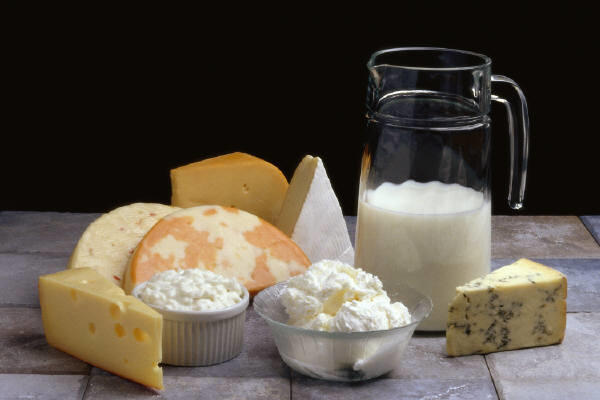
Unpasteurized milk and dairy products
Milk and dairy products from the grocery store are usually pasteurized. But if you own your own cow or goat and milk the cow/goat to get milk and allow the milk to sit and accumulate germs, then the milk has a high chance of getting contaminated. When contaminated, you may die by foodborne illness.
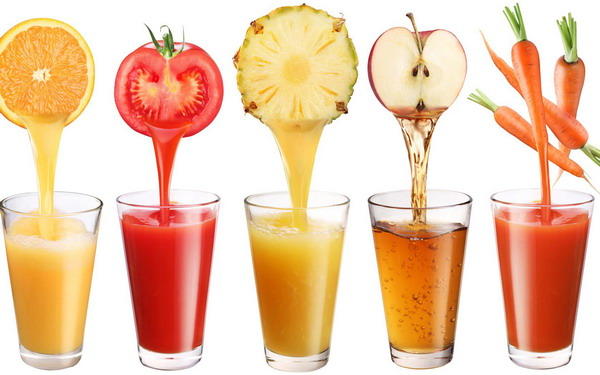
Unpasteurized fruit and vegetable juices
Like milk and dairy products, fruit and vegetable juices from the grocery store are usually pasteurized. If you pick fruits and vegetables straight from the garden, ignore the sink completely, and juice them manually, then the juice may be contaminated by microbes from the skin. When contaminated, you may die by foodborne illness.
In addition, juicing fruits and vegetables is not a good idea long-term, because juicing completely removes the dietary fiber.

Uncooked meats
Meat by itself is not dangerous. But like so many food products, it can be dangerous when eaten raw. Stuff from the animal's gut may be lined with germs and contaminate the muscle. When the muscle is turned into meat, the muscle may contain germs from the gut of the animal. Heat (through cooking) destroys germs; however, some bacterial species can form heat-resistant spores. When contaminated with that type of pathogen, there's really nothing you can do about it but avoid eating it at all cost.

Uncooked eggs
Uncooked eggs are not healthy, because one contaminated egg can kill you or just make your life as miserable as hell. Like other foods, if you are asymptomatic of the infection, then some pathogens can cross the placental membrane and harm the fetus, leaving permanent damage.
Water
Water is definitely healthy but can kill you, if you imbibe excessive quantities of water within a short period of time.
Bottled Water
There is nothing wrong with water in a bottle, but plastic can degrade over time and leech into the water supply. The plastic may make the water not only taste bad, but also undrinkable.
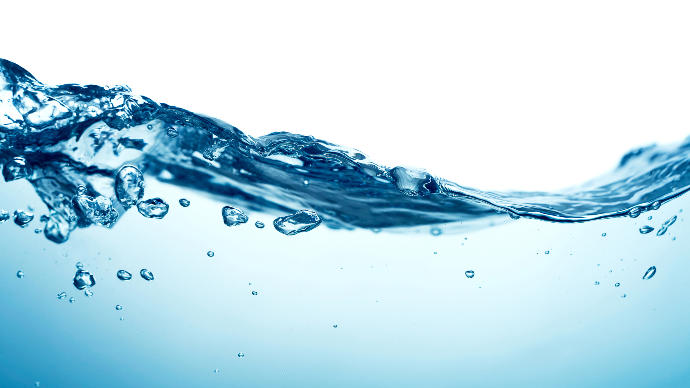
Contaminated Tap Water
People from developed countries take for granted that there is instant, clean, free drinking water. In reality, the water must be made clean and free for the public by a collective effort of public health. If society experiences a major catastrophe, then tap water may be too dangerous to drink; and people may have to collect rainwater or dump chlorine in suspiciously dirty water.
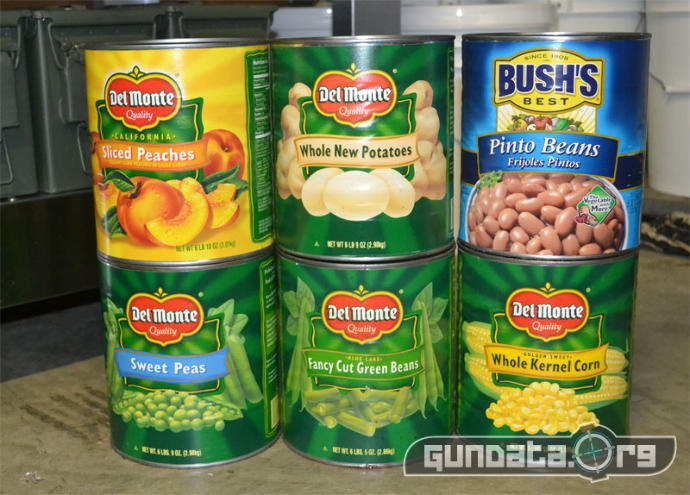
Canned Fruits and Vegetables
Canned goods may be lined with chemicals (BPA comes to mind) that may leech into the food. Long-term consumption of toxic chemicals is not healthy.
Conclusion
When it comes to healthy, the big question is this: do you want to die quickly or do you want to die slowly while suffering from chronic illness? The truth is, people really don't have a choice. In developing countries, people without a secure access to clean water and efficient cooking stoves often succumb to foodborne illnesses. So, dying quickly is a fact of life. In developed countries, people cook, clean, freeze, dry, cure, or find artificial means to preserve the longevity of the food to the extent that the extra shelf life becomes a contributor to major health problems (i.e. hydrogenation of oils to extend shelf life and contribute to excessive weight gain). So, dying slowly while suffering from chronic illness is a fact of life. And it's often the poor that suffers the most. The ideal life seems to be that people should eat simple food, but with the technological advances that make food safer and more nutritious (clean water, cooking, drying, salting, freezing, growing artificially selected and genetically modified crops).
 Holidays
Holidays  Girl's Behavior
Girl's Behavior  Guy's Behavior
Guy's Behavior  Flirting
Flirting  Dating
Dating  Relationships
Relationships  Fashion & Beauty
Fashion & Beauty  Health & Fitness
Health & Fitness  Marriage & Weddings
Marriage & Weddings  Shopping & Gifts
Shopping & Gifts  Technology & Internet
Technology & Internet  Break Up & Divorce
Break Up & Divorce  Education & Career
Education & Career  Entertainment & Arts
Entertainment & Arts  Family & Friends
Family & Friends  Food & Beverage
Food & Beverage  Hobbies & Leisure
Hobbies & Leisure  Other
Other  Religion & Spirituality
Religion & Spirituality  Society & Politics
Society & Politics  Sports
Sports  Travel
Travel  Trending & News
Trending & News
Most Helpful Opinions